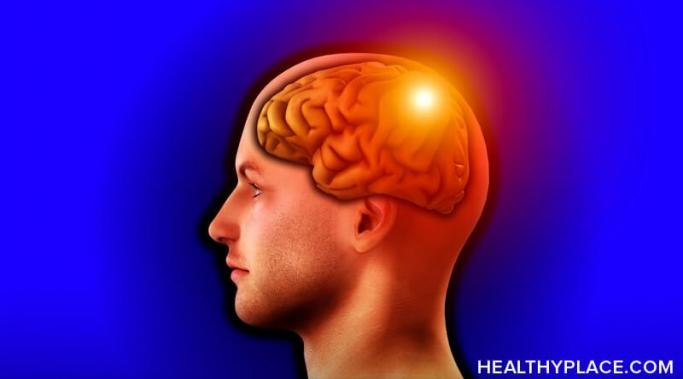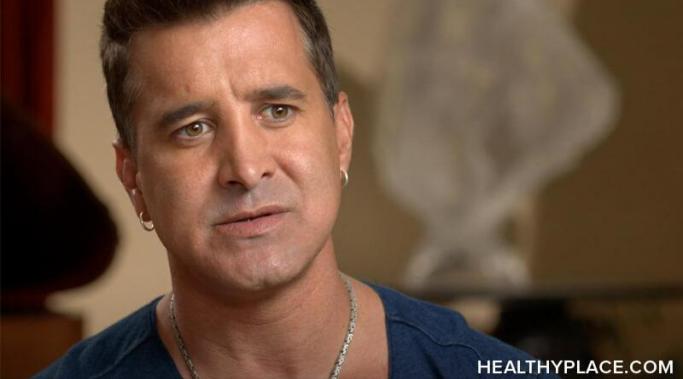Do people with bipolar disorder have good sex lives? Do people with bipolar disorder have sex lives at all? And what effect does mood have on one's sex life? These are just some of the questions that people ask about the sex lives of people with bipolar disorder. Let's explore some of the answers.
Breaking Bipolar
One of the main differences between bipolar I and bipolar II is that bipolar II experiences hypomania and not mania. Last week I wrote from the perspective of a hypomanic mind, but what is hypomania really? Is hypomania fun or is it just plain crazy?
This year, the holidays have made me mad. Now, there's a lot to unpack in that statement, but I want to start with that simple statement because that's how it feels. I feel mad, and I feel mad because of the holidays. Not surprisingly, that's not all there is to it, however.
The holidays can cause a bipolar mood swing. And by that, I mean they can cause a mood episode that wasn't present before the holidays. So, for example, you might have been stable before the holidays, and then depression sets in. You might have been depressed, and then mania sets in. A swing from one mood or euthymia (a state without mood episode characteristics; stability) to another mood is pretty common at this time of year. So, let's take a look at bipolar mood swings during the holidays.
When bipolar symptoms quell, I tend to fear bipolar symptoms coming back. That's right, the absence of bipolar symptoms can actually bring about fear and anxiety. I know that might sound self-defeating, but if you've been on the bipolar rollercoaster for as long as I have, and have seen as much bipolar devastation as I have, you'll understand that fear of bipolar symptoms is actually quite rational. It's a waiting-for-the-other-shoe-to-drop feeling. So if you fear the return of bipolar symptoms, what do you do?
I find pain destroys my ability to think. I find that once pain reaches a certain level, I can no long formulate rational thoughts, and all I can think about is the pain. I short, pain kills my brain. This feels like a curse for someone who uses her brain for a living. However, pain's penchant for affecting one's ability to think is hardly limited to me.
Bipolar is usually medicated to a manageable level. In other words, people with bipolar disorder who are on medication are not "back to normal," rather, they still exhibit some bipolar traits but at a manageable amount. This is completely different from what I was told for years after diagnosis, and it's also different from what people see in the media. People seem to think that a pill will make the person back to who they were before the bipolar disorder. I'm sorry to say, this just isn't true for the vast majority of us.
People feel the need to "correct" mental health language constantly. This is mainly a product of political correctness and virtue signaling -- both of which I detest. In fact, talking about mental health and mental illness is like talking through a minefield. Wrong mental illness name -- boom -- you've exploded. Wrong sentence structure -- boom -- you've exploded again. And the thing is, running around correcting mental health language simply shuts down conversation altogether, and it's that exactly the opposite of what mental illness needs? Mental illness needs more open acknowledgment, not people shedding in the dark scared of being publically shamed for incorrectly using words.
I've had the signs of mental illness in my life since I was a child but didn't receive treatment until I was 19-20; so, why didn't I get treatment for bipolar disorder earlier? This is a question that many people ask themselves, and different people answer it in different ways. One of my major reasons for not getting bipolar treatment sooner involves antipsychiatry.
I'm far too acquainted with comfort food and depression. I wish I had no knowledge of it, but that's just not true. I admit to comfort-eating when depressed in spite of knowing that it tends to be bad for one's physical health. So, let's dive into what comfort food in depression is and whether it actually offers any benefit.









